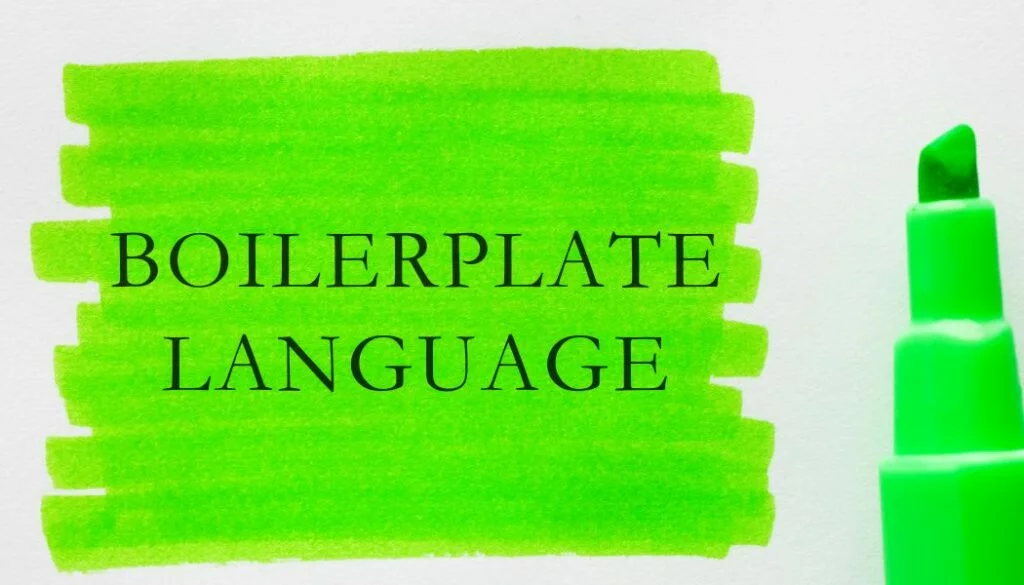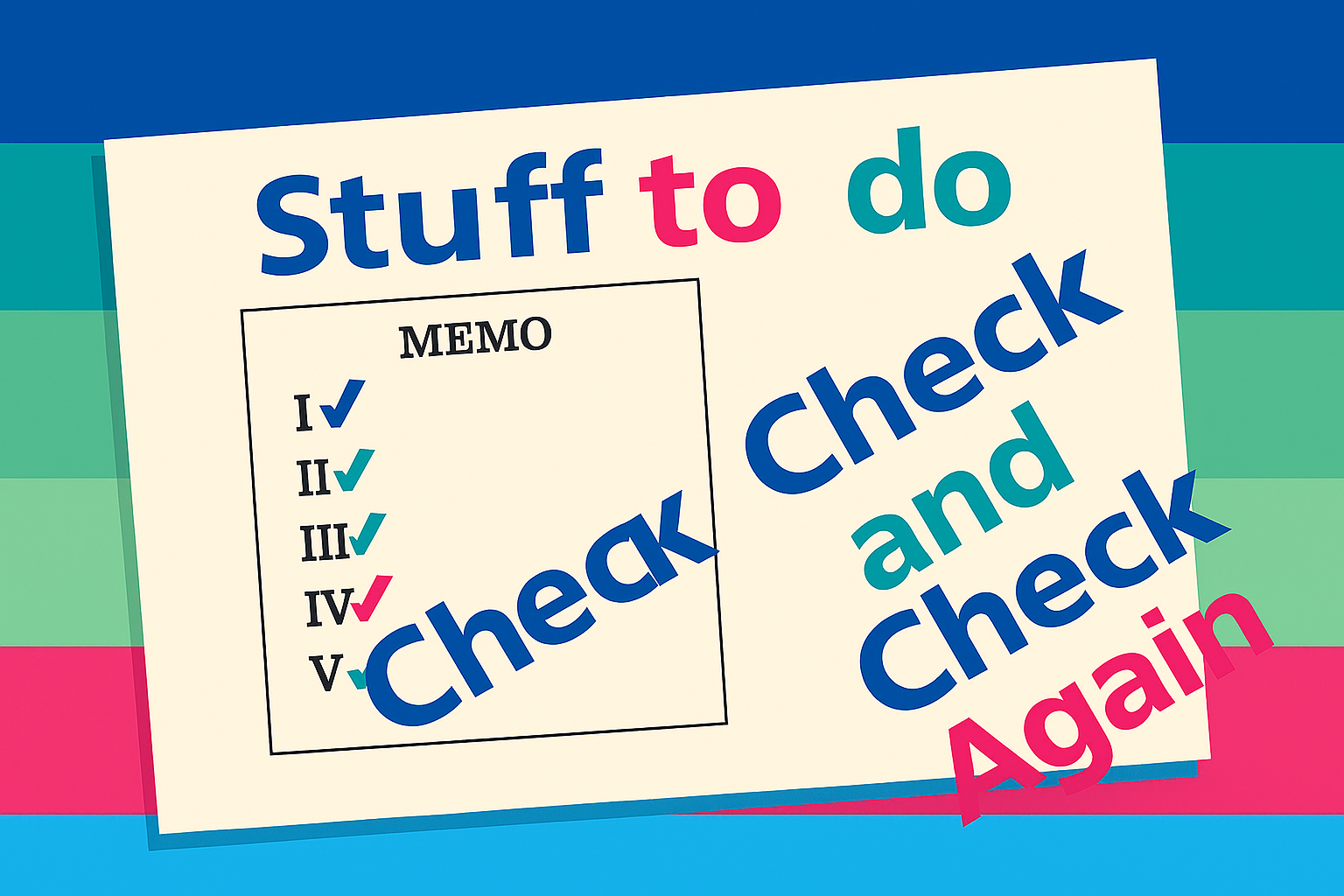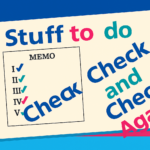Inflation has made price escalation clauses a relevant topic. Yet many of these clauses fail to create a clean, straightforward understanding as to how the escalation will work.
A well-drafted price escalation clause should have the following five elements:
- Base price or pricing
- Index or indices used to measure price increases
- Frequency of adjustments permitted within a specific time period
- Issue resolution if an index or a figure within the index is discontinued
- After the adjustment is calculated, how the adjustment will be applied (a) with subsequent orders and (b) within the agreement (will the liability cap also be increased?)
Many business considerations need to be addressed within the five elements. In talking with business owners and other advisors, unfortunately only a narrow field of thought is applied to this multi-faceted issue. Likewise, parties fail to take advantage of opportunities to learn information that can be gathered through the use of this clause.
This is a basic list of questions to ask:
- How much cost-related information will be provided to the buyer?
- For sellers, what is your relationship to the buyer? Is it worth losing money for a short period of time to keep a particular customer? In the contrapositive, do you want to lose a particular customer or increase pricing to make keeping the customer worthwhile?
- What level of mitigation efforts must be undertaken? Should the seller be required to share proof it tried to mitigate the price increase?
- What will the interplay be between the price escalation and force majeure clauses?
- Should markups for overhead and profit margin maintenance be included in a price increase?
- Will the price increase be capped? If so, what is the maximum reasonable increase?
- If prices can increase, what about a price decrease?
- What are the mechanics of implementing the price increase?
Only business savvy attorneys who have strong relationships with their clients can maximize the benefits of this contract provision.
David Seidman is the principal and founder of Seidman Law Group, LLC. He serves as outside general counsel for companies, which requires him to consider a diverse range of corporate, dispute resolution and avoidance, contract drafting and negotiation, real estate, and other issues. He can be reached at david@seidmanlawgroup.com or 312-399-7390.
This blog post is not legal advice. Please consult an experienced attorney to assist with your legal issues.












